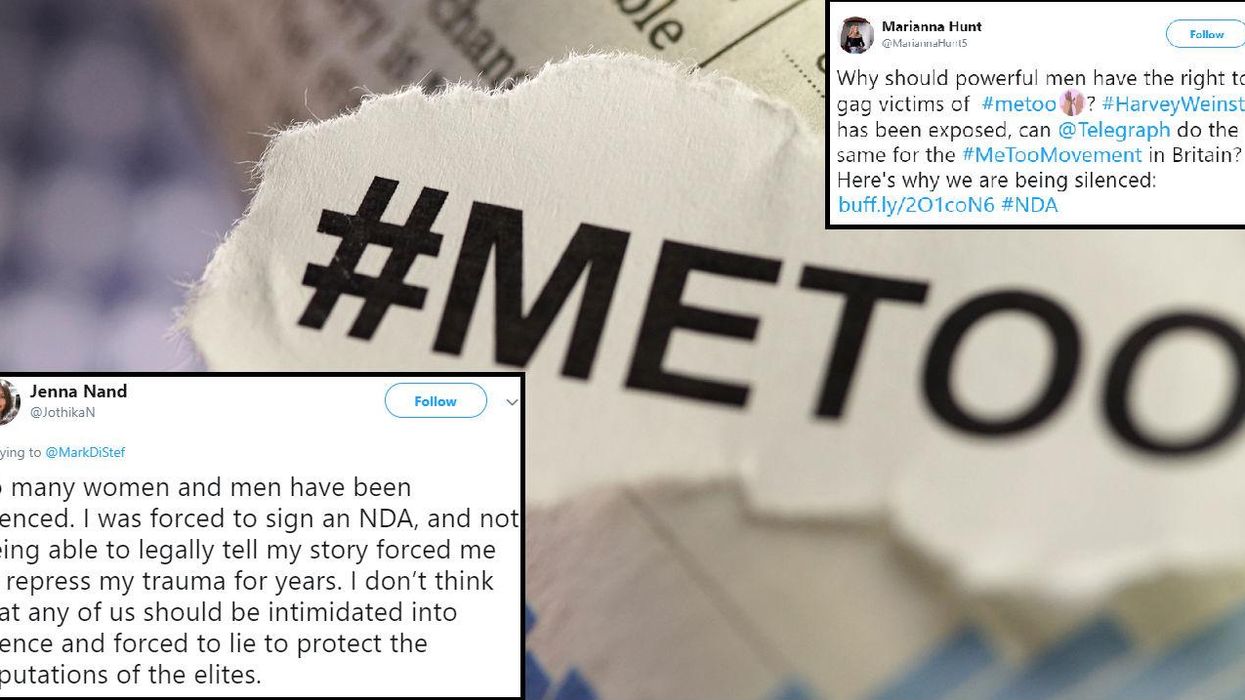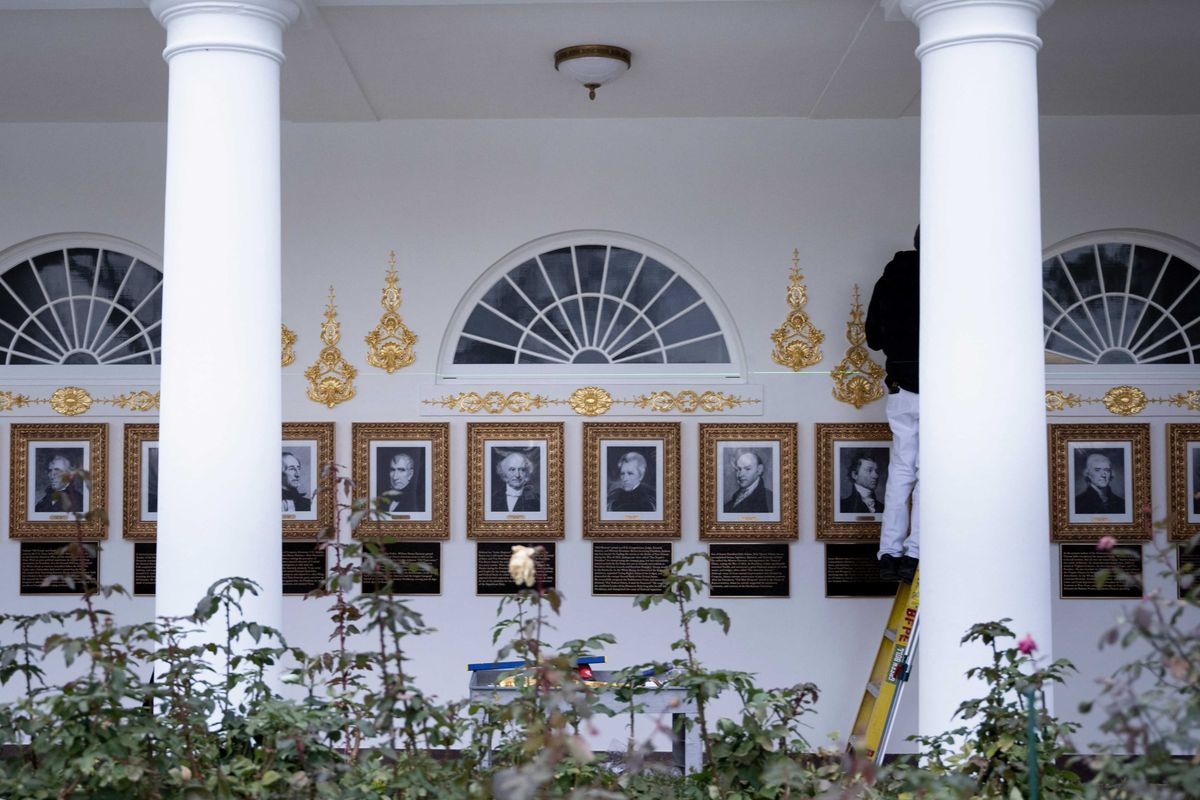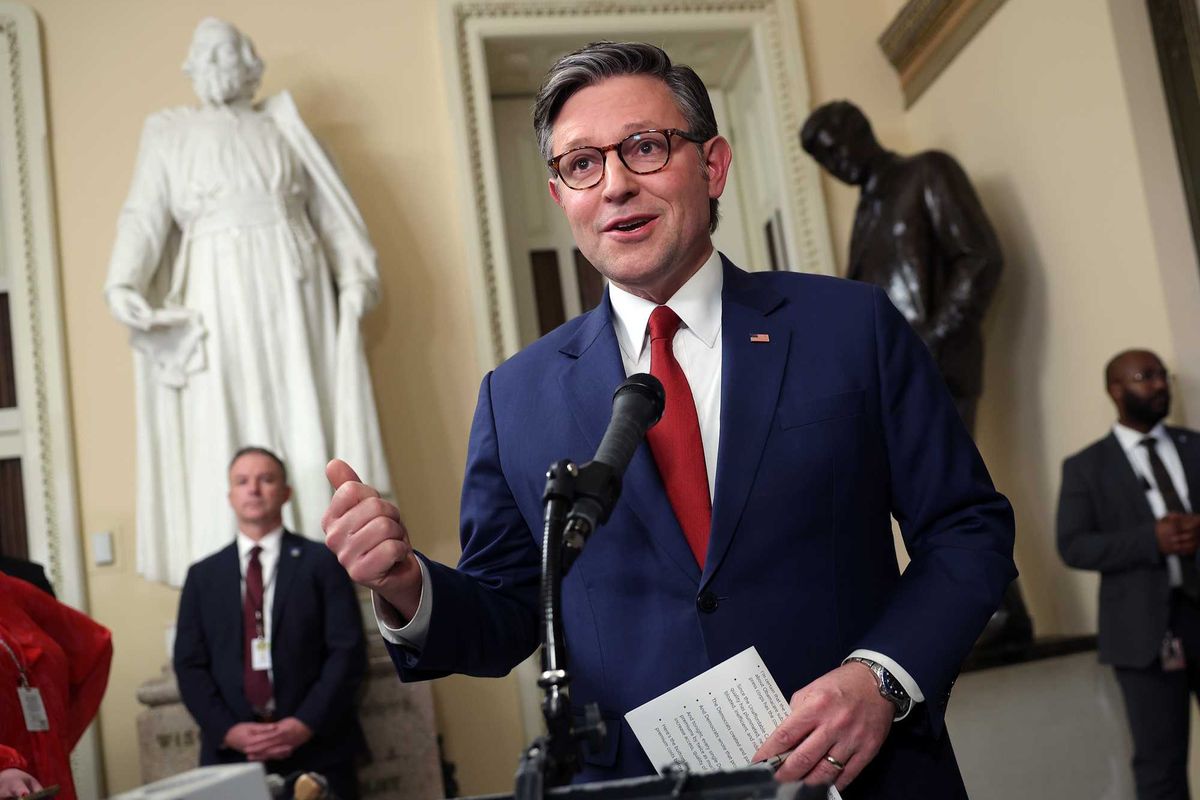News
Narjas Zatat
Oct 24, 2018

Picture:
iStock and Twitter screengrab
News has dropped of a well-known businessman who has successfully filed an injunction against a newspaper to prevent it from reporting allegations of sexual and racial abuse of staff members at his British companies.
After an eight-month investigation into the ‘bullying, intimidation and sexual harassment made against the businessman’, The Telegraph was prevented from revealing details about the person in question thanks to a so called 'gag order'.
Five employees of companies that the unnamed person owns, referred to only as 'ABC' in court documents, came forward with allegations of ‘discreditable conduct', however many were bound by non-disclosure agreements they signed after accepting large sums of money.
The ‘leading businessman’, as the paper described him, tried and failed to attain an injunction order in August. However following an appeal to three judges, that decision was overturned and the injunction granted. The reasoning is as follows:
There is no evidence that any of the settlement agreements were procured by bullying, harassment or undue pressure by the claimants.
Each settlement agreement records that the employee was independently advised by a named legal adviser. The effect of each of the settlement agreements was to put an end to existing or potential litigation and enabled the employees to receive substantial payments.
The case has brought the issue of non-disclosure agreements, and how they should be used, back to the forefront.
During prime minister’s questions, MP Jess Philips asked whether Theresa May agreed with the court’s decision, to which she responded:
No disclosure agreements cannot stop people from whistleblowing but it is clear some employers are using them unethically.
The decision by the Court of Appeal, as well as the existence of the NDAs mentioned in relation to the alleged victims, have been condemned by MPs and legal experts alike.
One of the biggest criticisms levelled against NDAs is that it ‘silences victims'.
And people are calling on those who know the identity of the person, to come forward.
The Telegraph are arguing that his identity is a public interest issue, "not least to alert those who might be applying to work for him".
More: Roman Polanski announced his first movie in the #MeToo era and people are enraged
More: Amy Schumer calls out men who say #MeToo has made them ‘afraid’ of women

Top 100
The Conversation (0)













